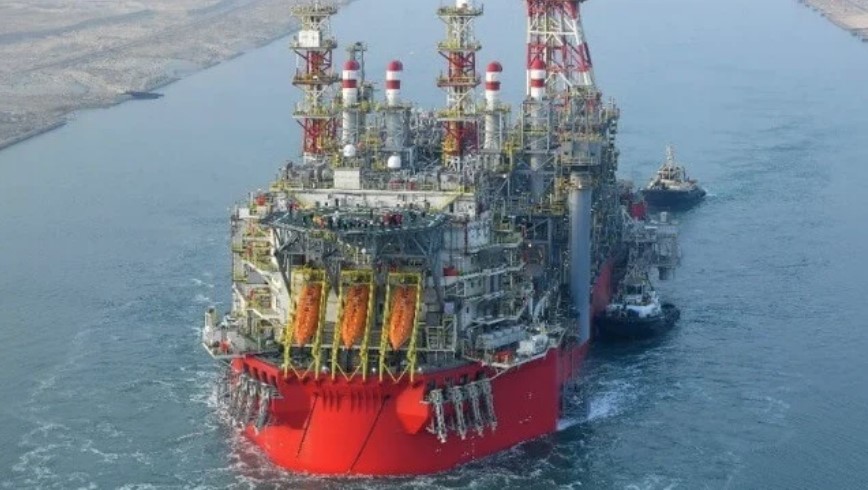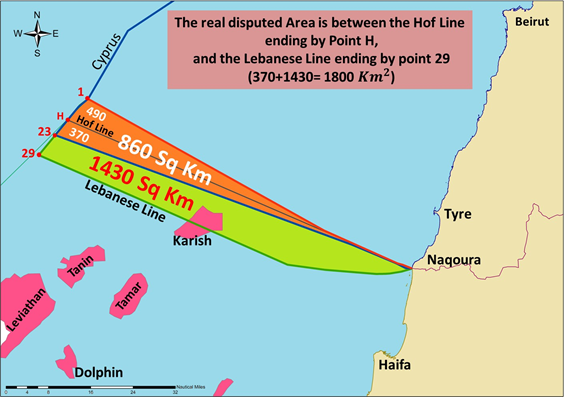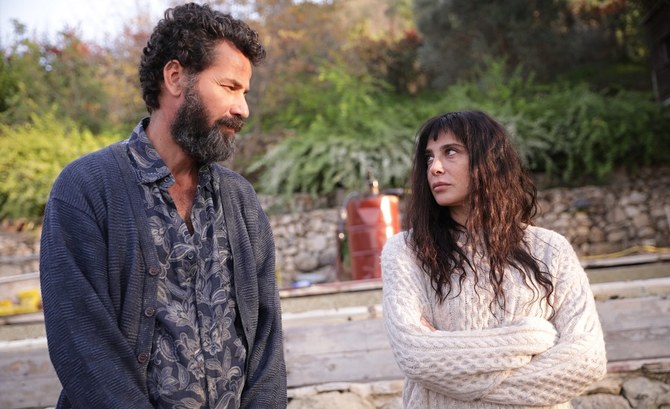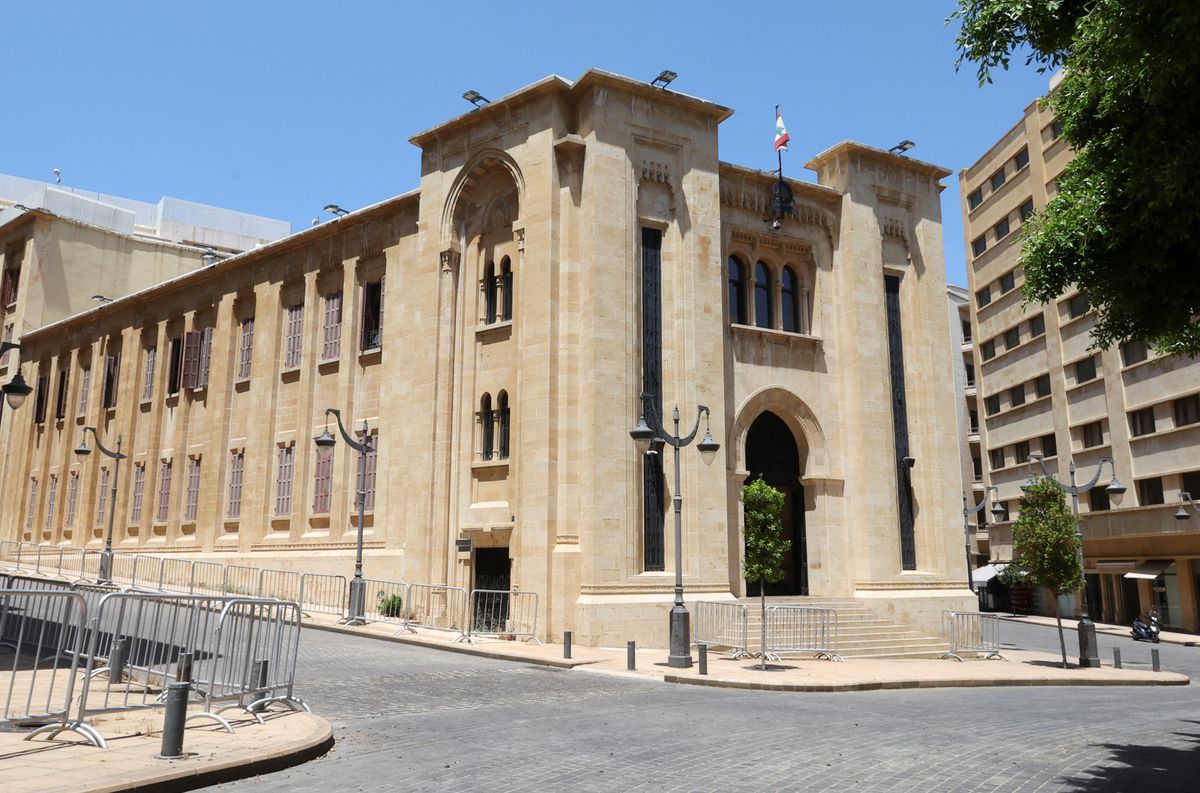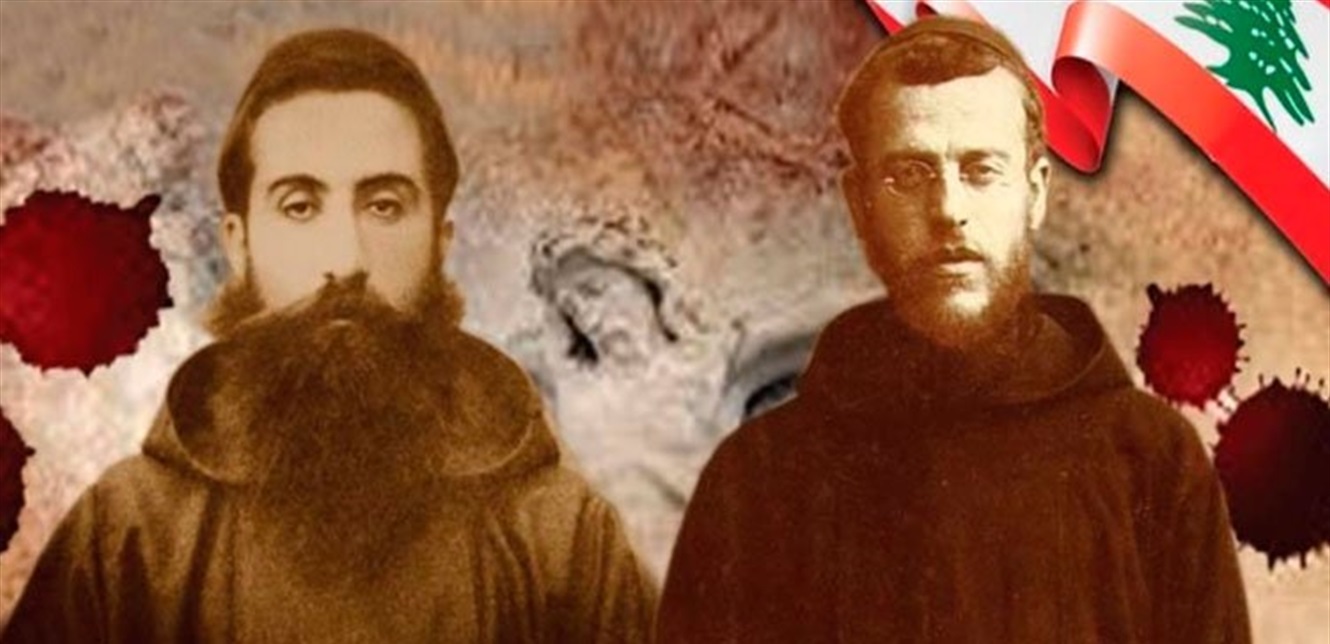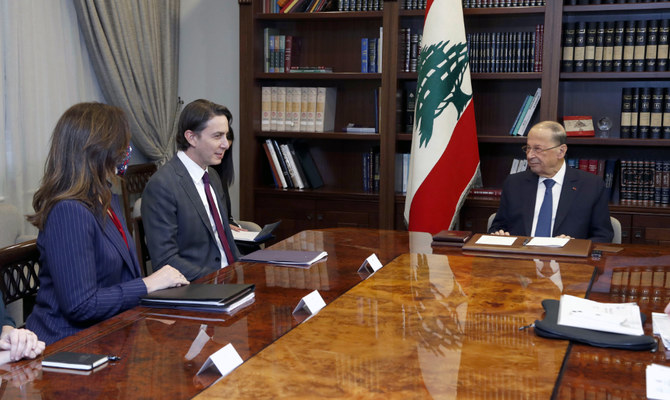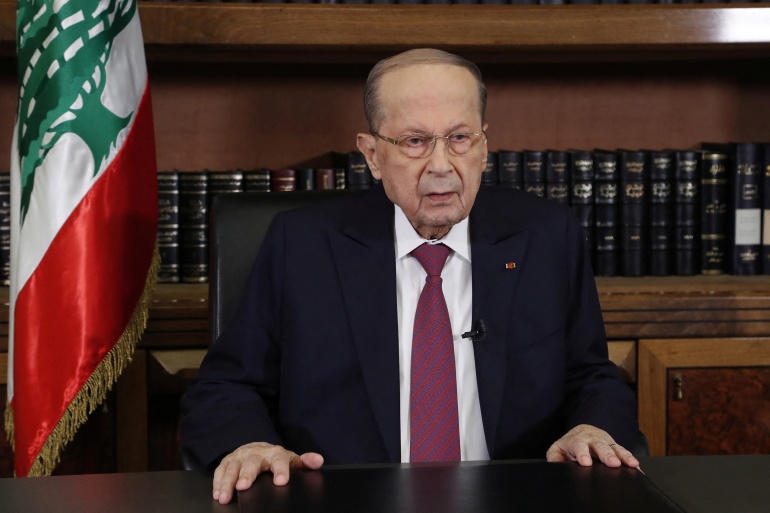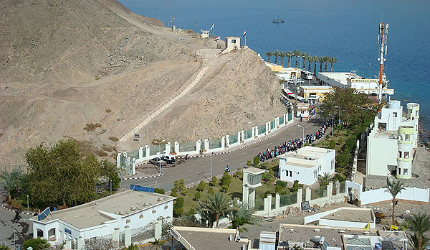
By al-monitor — Elizabeth Hagedorn — The Biden administration hasn’t made a final decision on whether a regional plan to transport Egyptian natural gas and Jordanian electricity to Lebanon would run afoul of sanctions on Syria, the top State Department official for the Middle East said Wednesday. The US-endorsed plan would see Egypt and Jordan supply energy resources to crisis-hit Lebanon using a transnational pipeline that runs through Syria. Damascus would receive in-kind compensation for its participation. Egypt has sought assurances that its involvement wouldn’t trigger the Caesar Syria Civilian Protection Act and other US sanctions on the Syrian government. The State Department had previously downplayed concerns, with senior State official Victoria Nuland saying in October 2021 that because the deal “falls under the humanitarian category, no sanctions waiver would be required.”
But during a Senate Foreign Relations Committee hearing on Wednesday, State Department Assistant Secretary of State for Near Eastern Affairs Barbara Leaf declined to say whether the four-country energy plan would be exempt from US sanctions or if waivers would be necessary. “We have not seen the final details of these contracts, so I reserve judgment. We’ve made no decision,” Leaf said in response to a question from Sen. Ted Cruz, R-Texas. “We have given what are termed ‘pre-assurances’ that governments may engage in discussions — discussions — about these arrangements,” Leaf said. Why it matters: Some see Syria’s inclusion in the regional energy deals in the context of steps by a number of Arab states to normalize ties with the long-shunned government of Syrian President Bashar al-Assad.
